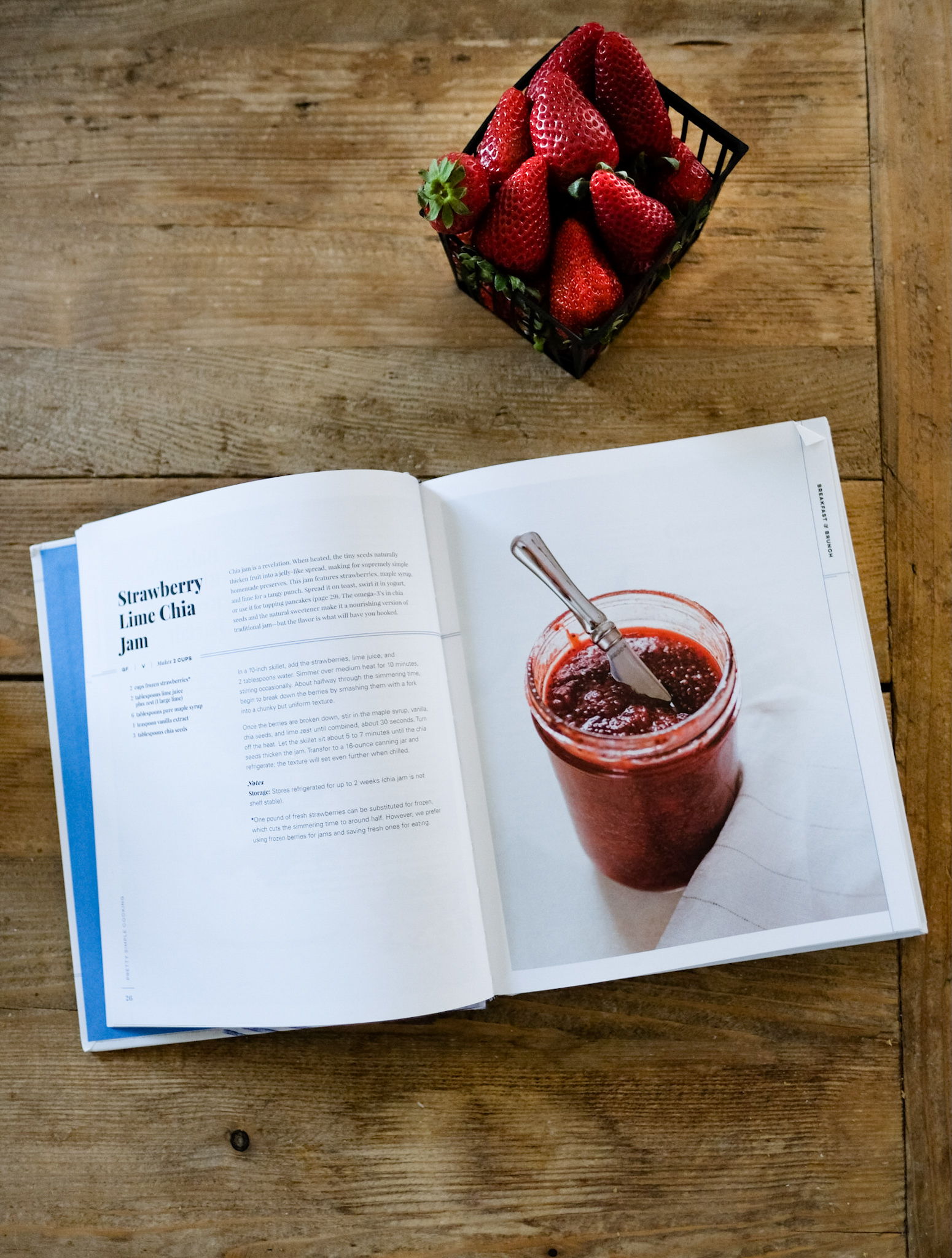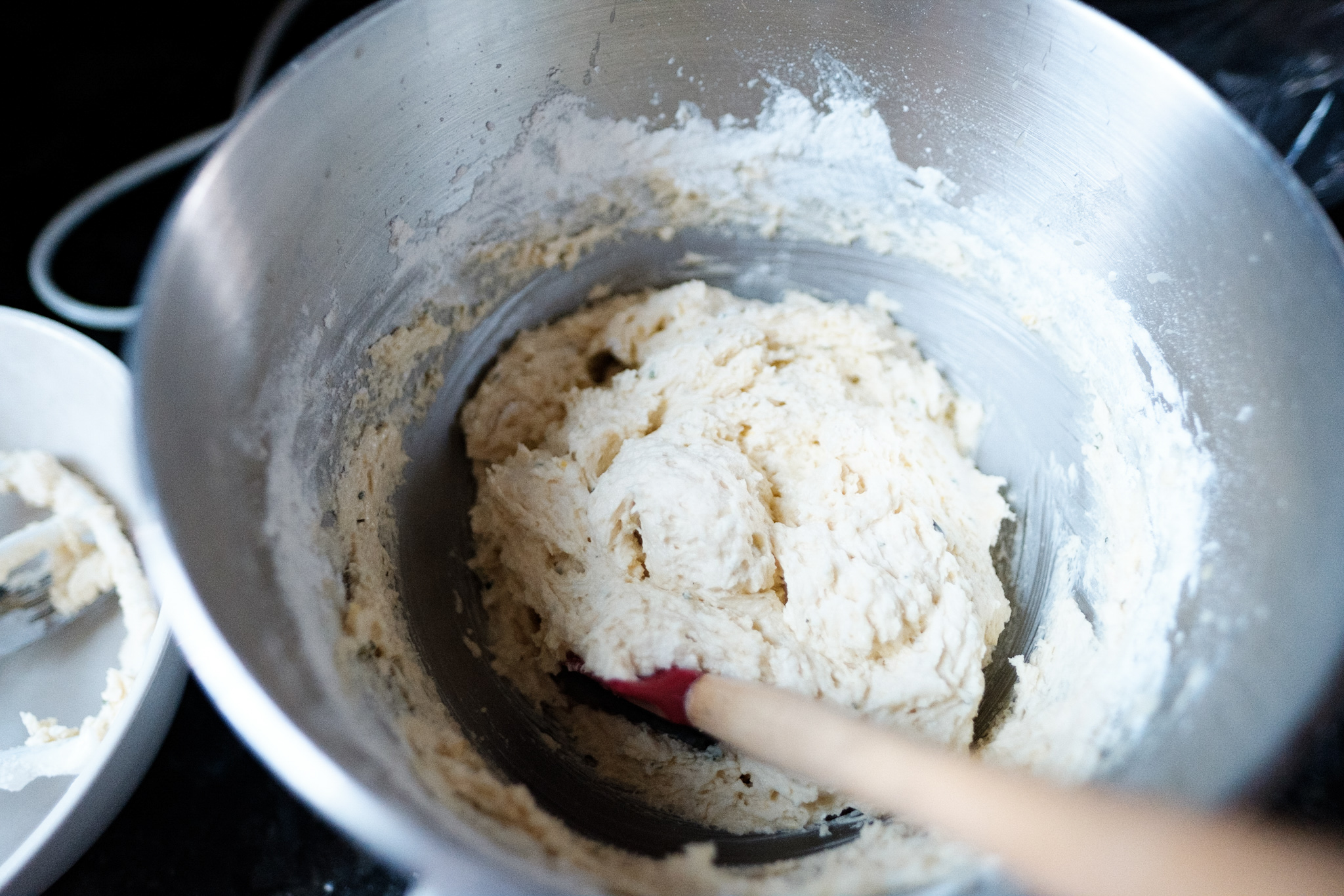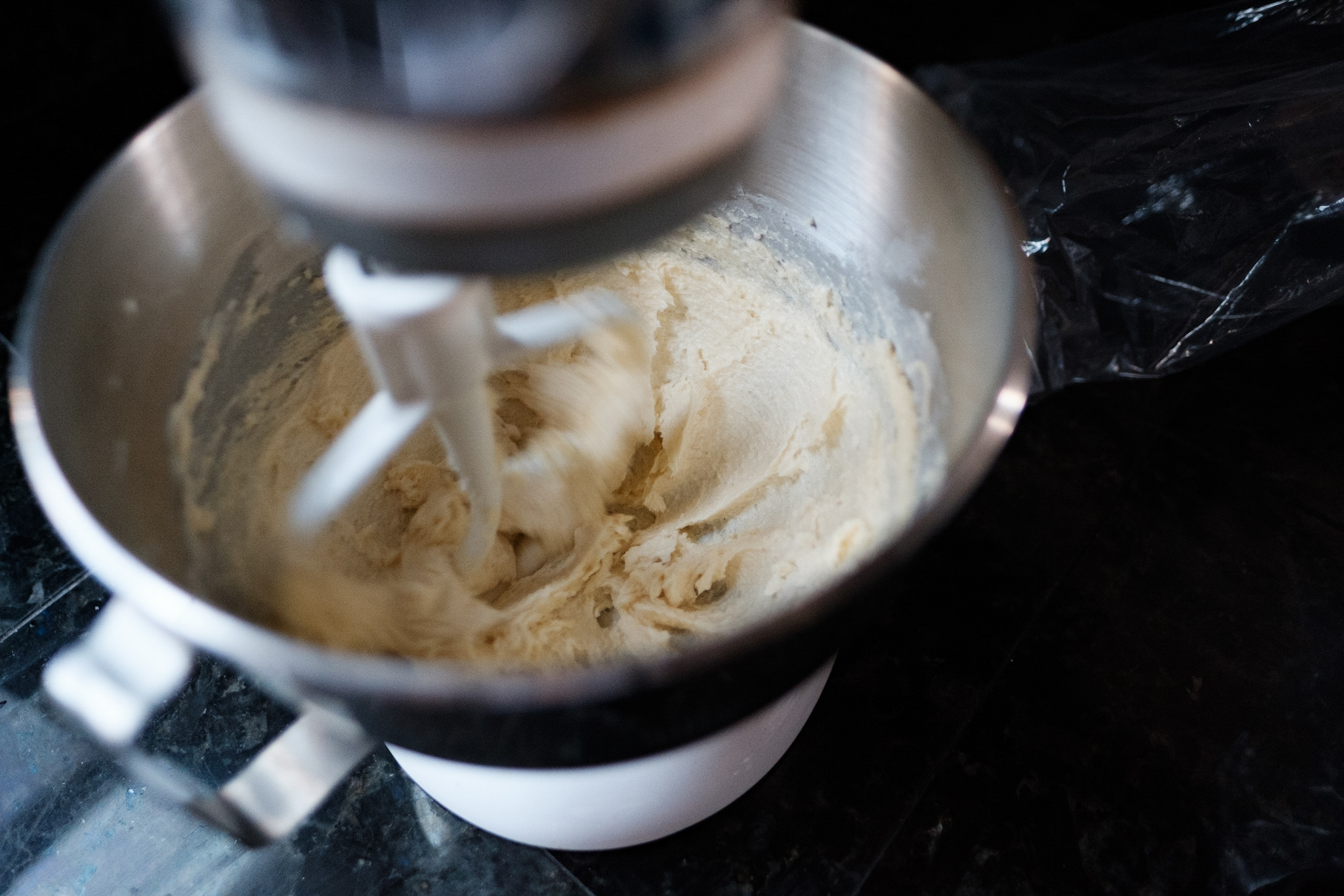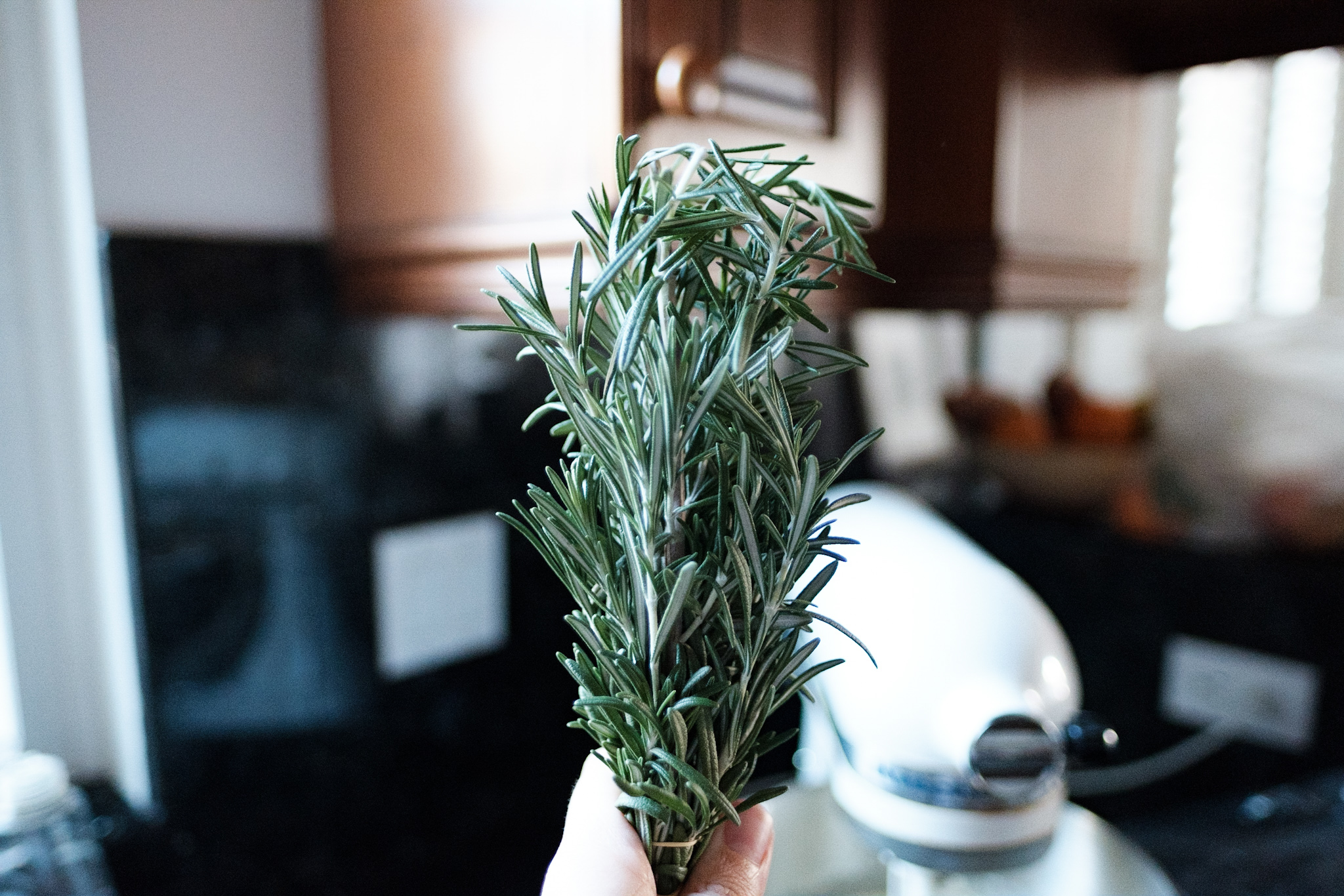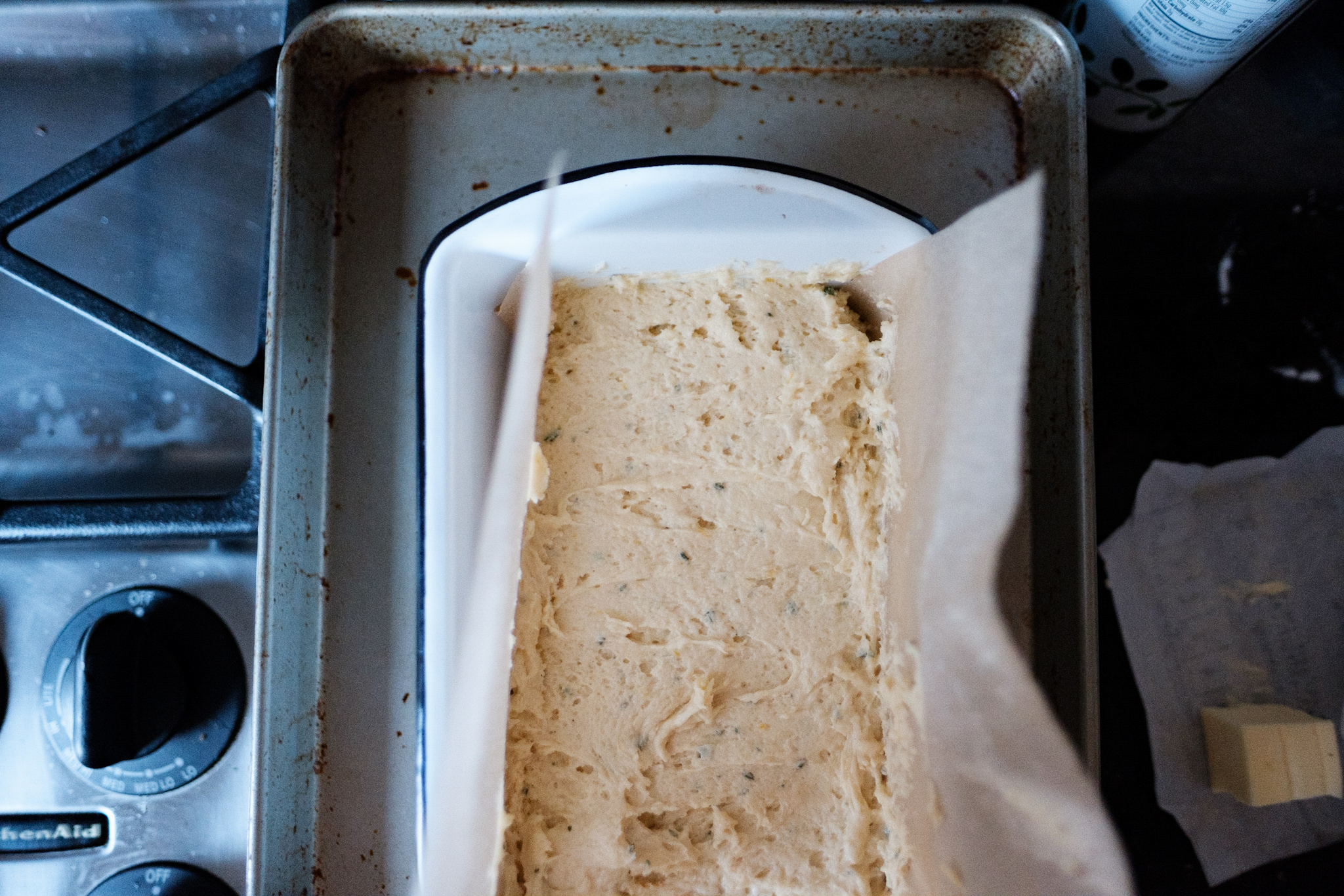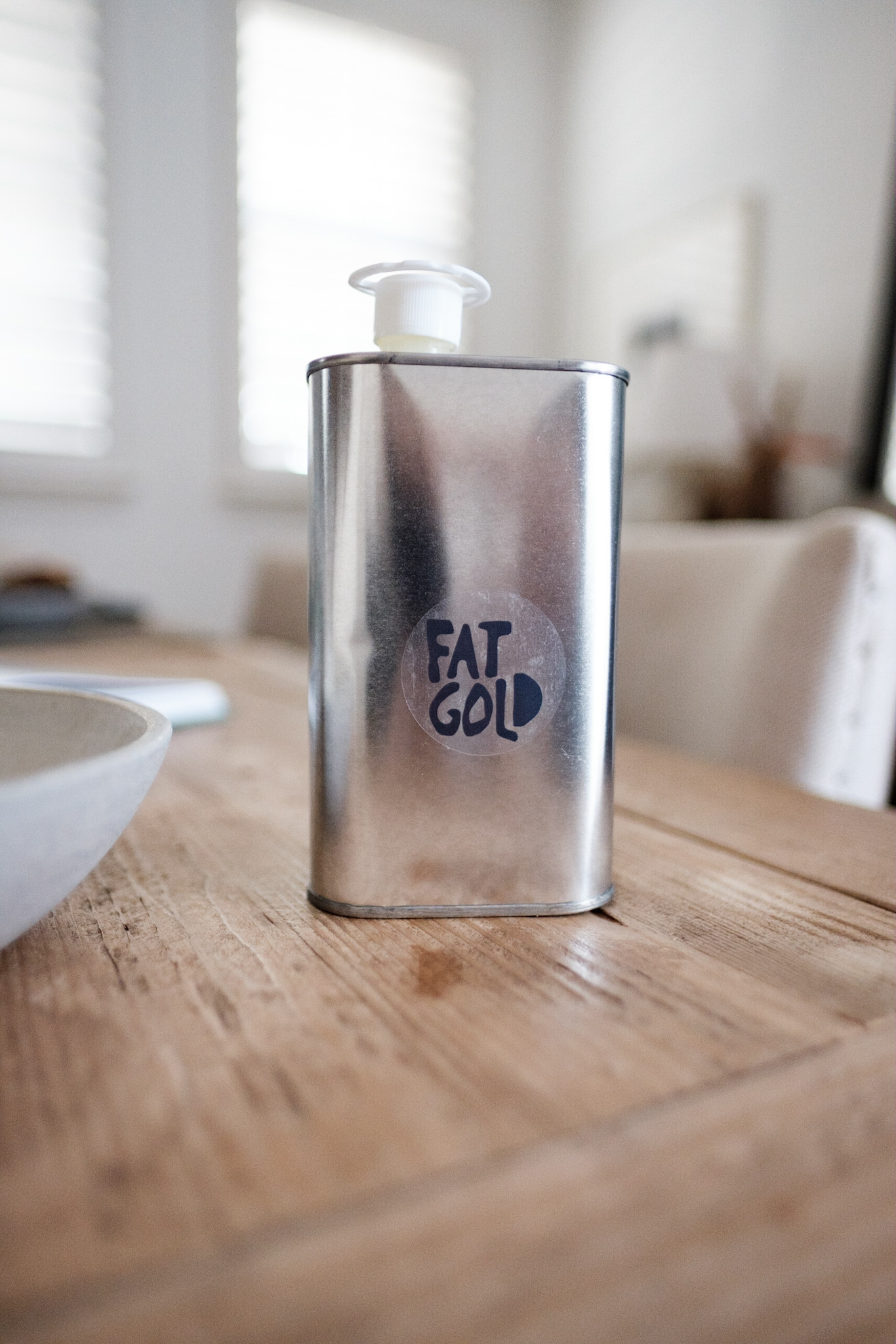Every book has two stories. There's the book itself—the physical thing you hold featuring a table of contents, recipe headnotes, stories, and instructions. But this book, a cookbook, is not just made up of the title, subtitle, and description on the back cover. Those are the fancy parts and finished pieces, and the the culmination of a dream.
I'm always interested in the second story, the one that might never be told publicly, and it's often a tale of transformation—what the author learns along the way, or what transpires in her life or circumstances that change her in the course of writing the book. (Because as we all know, books are not made in days or weeks, but in months and years.)
Books are teachers for both those who read them and those who write them. And books are personal. As my friends and fellow bloggers have continued to publish books over the years, I'm astonished each and every time as I flip through the pages at how them it is. It shouldn't come as much of a surprise, really, since each perspective is unique and we've grown to recognize blog voices for so long, but I just love sinking deep into their words and appreciating what went into making a heavy, sturdy, life-enriching book.
So, here's an example of a book with two stories.
Story #1: Pretty Simple Cooking is here! It's the beautiful new cookbook from husband and wife duo Sonja and Alex Overhiser, creators of the A Couple Cooks blog and podcast. There are enticing photos for every dish, plus tons of veggie-forward recipes. I've been meal planning from it for weeks, and the youngest member of our family is already a big fan of the strawberry chia jam (recipe below!) and vegan corn chowder.
Story #2: The other side of this book is how its creation served as a healer. Alex and Sonja have been open about their adoption process, and as it turns out, their baby was born the same month their manuscript was due. Writing the book helped them cope with the stress of waiting and hoping, and I remember when Sonja texted me that there was a baby and she was in the room when he was born, I immediately started crying and sending her happy tear emojis, I also told her weeks later on the phone that this was how it was always supposed to happen. That they could turn in this book and immediately turn their attention to spending time with their new baby.
So with that, here's another baby. A corn baby!
The Corn Baby
by Mark Wunderlich
They brought it. It was brought
from the field, the last sheaf, the last bundle
the latest and most final armful. Up up
over the head, hold it, hold it high, it held
the gazer’s gaze, it held hope, did hold it.
Through the stubble of September, on shoulders
aloft, hardly anything, it weighed, like a sparrow,
it was said, something winged, hollow, though
pulsing, freed from the field
where it flailed in wind, where it waited, wanted
to be found and bound with cord. It had
limbs, it had legs. And hands. It had fingers.
Fingers and a face peering from the stalks,
shuttered in the grain, closed, though just a kernel
a shut corm. They brought him and autumn
rushed in, tossed its cape of starlings,
tattered the frost-spackled field.
—From Poetry (March 2009)
In these lines we meet corn personified—a yellow baby of kernels, all bundled up in a warm green husk. "It held hope," is my favorite line for how grounding it is, and I can so clearly see the morning light and this little ear of corn that transforms into a baby with limbs and legs and fingers.
Reading the poem quickly, then reading it again, made me feel a bit breathless, and I couldn't stop thinking about the baby. THE baby. The baby that arrived while Sonja and Alex were writing this book, and who actually became part of their story. I love the first story, because this cookbook is such a refreshing approach to being in the kitchen and learning to love the process of cooking. But I also love the second story, and everything that transpired to bring both babies into the world.
Cornbread Pancakes With Strawberry Chia Jam
Headnote is mine: I have a son who loves loves pancakes. I make them almost every weekend, and I'm always looking for new combos to freshen up breakfast. My favorite thing about this version is using masa harina, because I happened to have a bag in the fridge leftover from a short-lived homemade tortilla phase. (I still love making tortillas, but I just haven't reached for my press in a little bit.) This is the perfect way to get extra mileage out of an ingredient.
1 cup masa harina
1⁄2 cup all-purpose, whole wheat,
or gluten-free flour
1 teaspoon baking soda
1⁄2 teaspoon kosher salt
2 large eggs
3 tablespoons neutral oil
(grapeseed or vegetable)
2 tablespoons honey or pure maple syrup
1⁄2 cup plain Greek yogurt
1 cup 2% milk
Maple syrup, for serving (optional)
Strawberry Lime Chia Jam (see below)
Instructions
Preheat the oven to 200°F. In a medium bowl, stir together the masa harina, flour, baking soda, and kosher salt. In another bowl, whisk together the eggs, oil, honey or maple syrup, Greek yogurt, and milk. Pour the dry ingredients into the wet ingredients, then stir gently to combine until the batter comes together and is pourable but slightly lumpy.
Heat a large nonstick griddle or skillet over medium-low heat, then brush with butter or oil. Scoop a scant 1⁄3 cup of batter onto the griddle and repeat to make 4 pancakes. Cook for several minutes until a few of the bubbles that appear on the surface have burst and the bottoms are golden brown, adjusting the heat as necessary. Flip carefully, then cook for another minute or so until golden brown on the other side.
Place the cooked pancakes on a baking sheet in the oven to keep warm. Add a splash of milk to the remaining batter to loosen it. Then repeat for the remaining pancakes, adjusting the heat as necessary since the griddle can become very hot. Serve warm with maple syrup, roasted almond butter, and Strawberry Lime Chia Jam.
Strawberry-Lime Chia Jam
Headnote is mine: I used fresh berries (a benefit of California farmers' markets), and had about 14 oz, so just shy of 1 pound. Since it was a bit less than the recommendation, I reduced the maple syrup to 4 tablespoons.
2 cups frozen strawberries*
2 tablespoons lime juice
plus zest (1 large lime)
6 tablespoons pure maple syrup
1 teaspoon vanilla extract
3 tablespoons chia seeds
In a 10-inch skillet, add the strawberries, lime juice, and 2 tablespoons water. Simmer over medium heat for 10 minutes, stirring occasionally. About halfway through the simmering time, begin to break down the berries by smashing them with a fork into a chunky but uniform texture. Once the berries are broken down, stir in the maple syrup, vanilla, chia seeds, and lime zest until combined, about 30 seconds. Turn off the heat. Let the skillet sit about 5 to 7 minutes until the chia seeds thicken the jam. Transfer to a 16-ounce canning jar and refrigerate; the texture will set even further when chilled.
Notes
Storage: Stores refrigerated for up to 2 weeks (chia jam is not shelf stable).
*One pound of fresh strawberries can be substituted for frozen, which cuts the simmering time to around half. However, we prefer using frozen berries for jams and saving fresh ones for eating.
Excerpted from A Couple Cooks | Pretty Simple Cooking: 100 Delicious Vegetarian Recipes to Make You Fall in Love with Real Food by Sonja Overhiser and Alex Overhiser. Copyright © 2018. Available from Da Capo Lifelong Books, an imprint of Perseus Books, LLC, a subsidiary of Hachette Book Group, Inc.






